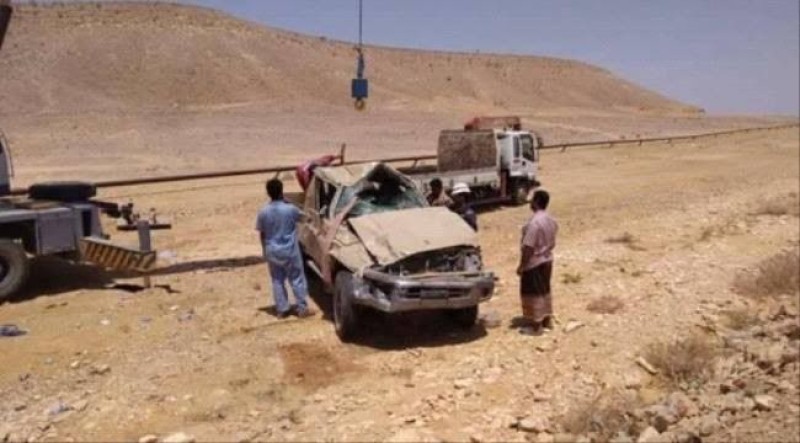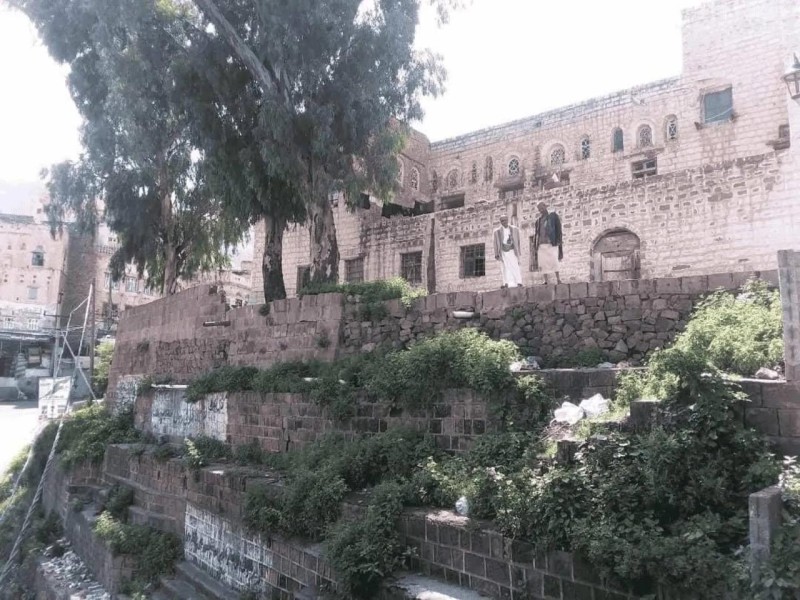$300m in projects funded by Saudi Arabia launched in Yemen


Rashad Al-Alimi, chairman of Yemen’s Presidential Leadership Council, on Sunday inaugurated 20 development projects financed by the Saudi Development and Reconstruction Program for Yemen, totaling SR1.2 billion ($320 million), in Hadramout, Yemen’s southeastern province.
Al-Alimi, along with Yemeni and Saudi officials, attended a celebratory event in Al-Mukalla, the capital of Hadramout, to launch the projects in various sectors, aimed at alleviating Yemenis’ sufferings and addressing major issues in the health, education, transportation, and energy sectors.
The projects include the construction of a cancer hospital, the renovation of a university hospital, the construction of a 25-megawatt power station, and the construction of roads in Al-Mukalla, Seiyun, and other Hadramout cities.
The SDRPY is also funding the rehabilitation of the Al-Wadea border crossing with Saudi Arabia, the preservation of Shibam’s old city, the construction of two schools, the renovation of Seiyun Palace, and various agricultural and fishing projects.
Speaking at another gathering of government officials and local dignitaries, Al-Alimi said that his government would begin implementing decentralization in Hadramout by enabling the province to govern and manage its own resources.
If the decentralization succeeds in Hadramout, he said, other provinces under government control will follow suit.
“Hadramout will independently manage its finances, administration, and security, and we guarantee that all governorates will enjoy the same level of privilege. If this initiative is successful, it will be introduced to all provinces,” Al-Alimi said.
Hadramout Gov. Mabkout bin Madhi thanked Saudi Arabia for the projects and urged the Yemeni government to repair deteriorating services, address the soaring prices of food and other commodities, and stabilize the Yemeni riyal.
The Yemeni leader, accompanied by his advisers and government ministers, landed in Al-Mukalla on Saturday for the first time since the creation of the presidential council in April 2022.
Meanwhile, a Yemeni soldier was killed in clashes with Al-Qaeda militants in the southern province of Abyan on Sunday, local security officials said.
Al-Qaeda launched an attack on Yemeni government forces in the vast and rugged Omaran valley in the province of Abyan, prompting hours-long clashes with government troops.
The attack is the most recent counterattack and guerrilla strategy used by Al-Qaeda against Yemeni troops who stormed the valley last year.
Dozens of soldiers have been killed or injured since September when pro-independence southern forces started an offensive against Al-Qaeda in Abyan and Shabwa provinces.
Separately, sporadic fighting has erupted between government troops and the Houthis in Taiz and Dhale as the militia deployed troops outside key cities and launched drone attacks against government troops.
Yemeni army troops engaged in combat with the Houthis in Al-Osefrah, north of Taiz, on Saturday as the militants continued their ground and drone assaults to seize control of new areas of the besieged city.
Yemeni soldiers also exchanged mortar and heavy weapons fire with the Houthis in the Al-Ahsha area, north of Dhale, local officials and media reports said.

Abyan – Local sources in Yemen reported that one person was killed and four others injured on Saturday following a collision between a milita…

Ibb – Local sources in Yemen’s Ibb governorate reported that Houthi militias have leased the building of the provincial museum to a con…

Oslo — Yemen is expected to remain one of the world’s most violent conflict zones over the coming year, according to a new report issue…